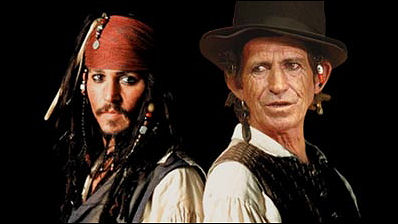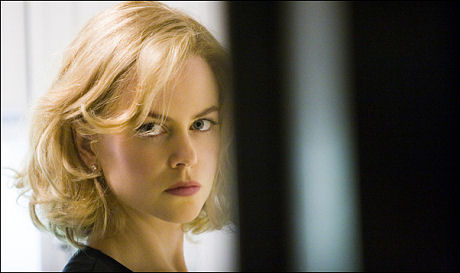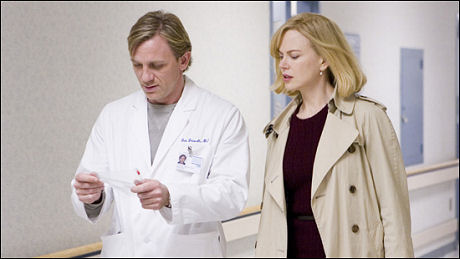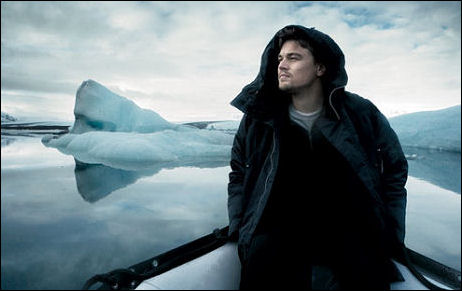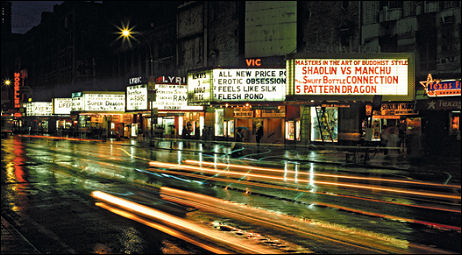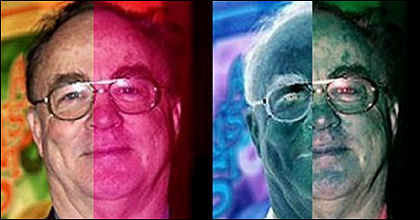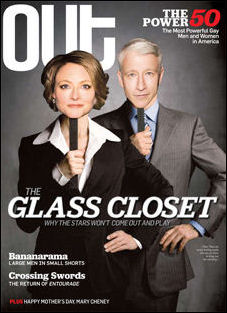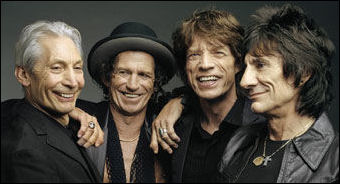I just want to say that I went out for a moonlit walk last night (i.e., after watching the first two final-season-of-The Sopranos episodes on DVD) and thought long and hard about all the haters bashing me for delivering my honest opinion of Bob Clark‘s movies in the same piece in which I reported the terrible news of his death. Obviously the consensus among 90% of the readership is that it is foul and diseased to be render any kind of mixed or negative verdict on a person’s work concurrent with their death announcement. That’s how I’m reading it, and maybe the haters are right.
In deference to this, I hereby pledge that when the next film artist dies, I will wait…uhm, 24 hours before running negative comments about their work. Is that long enough or should I wait for 48 or 72 hours? Or should I wait a bit longer? A week, a month…you tell me. How about six months or a year? Or should I refrain from ever saying anything critical or contrary about their work once they’ve passed on? How about a general law that says once a person has died, everything they did merits respect and, if at all possible, a certain retrospective positivism?
I’m trying not to be snide. I just felt badly about Clark’s passing and reported it, and then I thought, “Well, do I say anything about his work?” and figured I probably shouldn’t because I didn’t like his films, but then I considered that all obituaries include some kind of assessment about how the deceased and/or his work was generally regarded, and that would mean acknowledging that Clark was a two- time Razzie winner who made Turk 182, one of the worst films of the 20th Century, and then I thought if I’m going to acknowledge that general line of critical thinking I might as well be honest and mention what I personally think…and it went from there.


